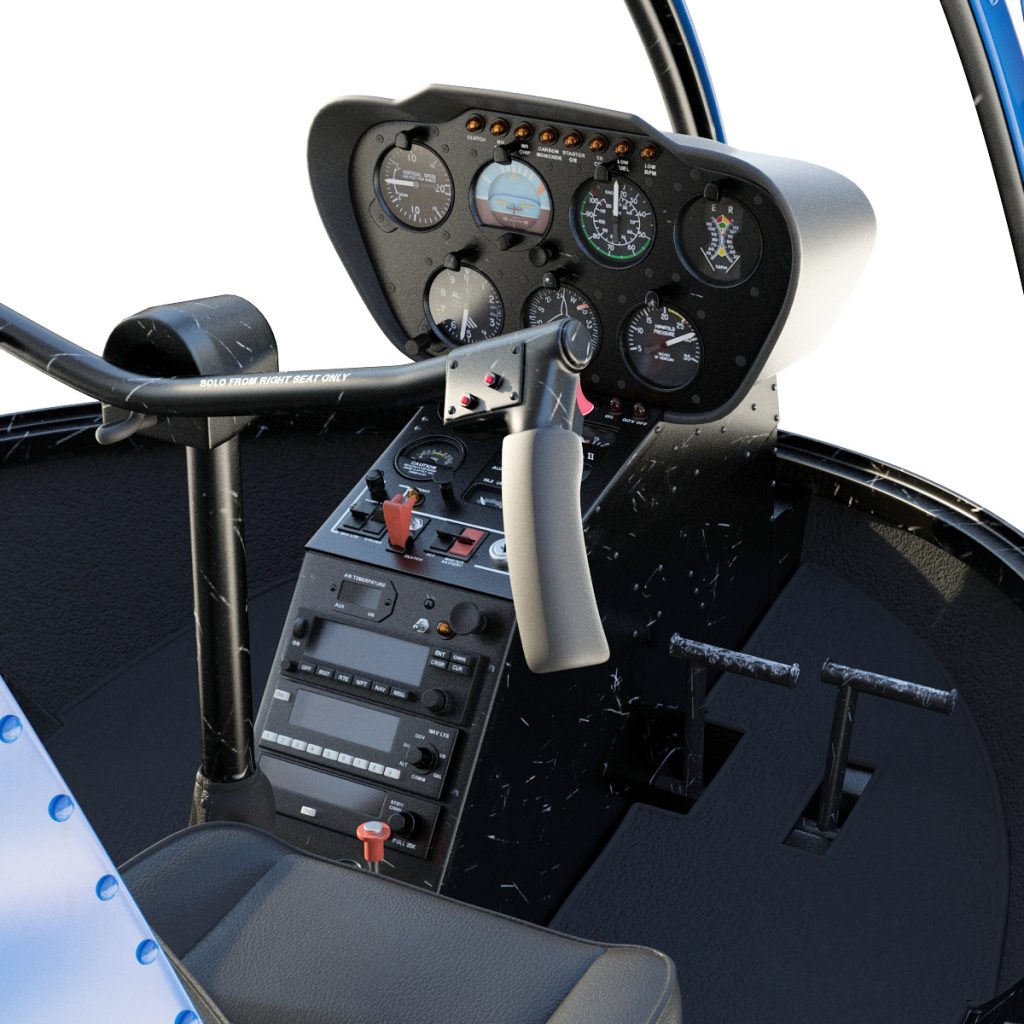Obtaining a Private Pilot License (PPL) for helicopters is a significant milestone for aviation enthusiasts and aspiring pilots. The journey begins with comprehensive ground school training and successful completion of the FAA written exam. This article explores the essential requirements and effective strategies to prepare for the FAA helicopter pilot exam, providing guidance on eligibility, core knowledge areas, study techniques, and scheduling tips to ensure a smooth and successful certification process.
Eligibility Criteria and Prerequisites for PPL Helicopter Ground School
To enroll in a PPL helicopter ground school, applicants must meet specific eligibility criteria established by the FAA. Generally, candidates must be at least 17 years old and be able to read, speak, write, and understand English proficiently. Additionally, they should possess at least a third-class medical certificate issued by an FAA-authorized aviation medical examiner, ensuring they meet the health and fitness standards required for pilot certification. These prerequisites ensure that students are physically and mentally prepared to undertake the rigorous training involved in helicopter flying.
Prerequisites also include a basic understanding of mathematics and aeronautical principles, although formal prior experience is not mandatory. Prospective students often begin by completing an introductory flight lesson or consulting with certified flight instructors to assess their readiness. Some flight schools may recommend preliminary coursework or self-study to familiarize students with fundamental concepts before formal ground school begins. Meeting these prerequisites ensures students are adequately prepared to absorb the material and progress efficiently through the training program.
Core Knowledge Topics Covered During Ground School Training
Helicopter ground school provides comprehensive instruction on a broad range of aeronautical topics necessary for safe and competent flying. Key areas include aerodynamics, where students learn about helicopter lift, thrust, and control principles, as well as the mechanics behind rotor systems. Navigation skills are also emphasized, covering map reading, chart interpretation, and the use of GPS and other electronic navigation aids. These foundational topics equip students with the knowledge needed to operate safely in various flight environments and conditions.
Additional core topics encompass FAA regulations and airspace rules, weather theory, and human factors affecting pilot performance. Students are trained to understand the significance of weather phenomena, such as wind, turbulence, and thunderstorms, and how to interpret METARs and TAFs for flight planning. Safety procedures, emergency protocols, and communication procedures with air traffic control are also integral parts of the curriculum. Mastery of these core knowledge areas is vital for passing the FAA written exam and for practical flying competence.
Effective Study Strategies for FAA Helicopter Pilot Exam Success
Success in the FAA helicopter pilot exam hinges on disciplined and strategic study habits. One effective approach is to utilize FAA-approved study guides and question banks that simulate the actual exam format, allowing students to familiarize themselves with question styles and time management. Regularly testing oneself with these materials helps identify weak areas and reinforces retention of key concepts. Additionally, creating a structured study schedule that spans several weeks ensures consistent review and reduces last-minute cramming.
Active learning techniques can significantly enhance comprehension and recall. Engaging in group study sessions or discussion forums allows students to clarify doubts and gain diverse perspectives on complex topics. Supplementing reading with multimedia resources such as instructional videos and interactive online courses can cater to different learning styles. Moreover, practicing with FAA practice exams under timed conditions builds confidence and helps develop the test-taking stamina necessary for success on the actual exam day.
Practical Tips for Preparing and Scheduling the FAA Written Test
Effective preparation for the FAA helicopter pilot exam also involves practical considerations regarding scheduling and test-day readiness. Candidates should aim to complete their ground school and review all relevant materials well in advance of their desired exam date, allowing ample time for revision and practice. Scheduling the exam at a certifying testing center that is convenient and available on preferred dates can reduce stress and ensure a smooth testing experience. It is advisable to book the exam appointment early to secure a suitable time slot.
On the day of the test, candidates should arrive early, bringing necessary identification and any required documents. Ensuring adequate rest the night before and maintaining a calm, focused mindset can positively influence performance. Familiarity with the testing procedures and rules, such as the use of scratch paper and time limits, can help manage exam anxiety. Additionally, reviewing key concepts and practicing sample questions shortly before the test can boost confidence and reinforce readiness, increasing the likelihood of passing the FAA helicopter pilot exam on the first attempt.
Preparing for the PPL helicopter ground school and FAA written exam requires careful planning, dedication, and strategic study. By understanding the eligibility criteria, mastering core knowledge topics, employing effective study techniques, and following practical scheduling tips, aspiring helicopter pilots can enhance their chances of success. Ultimately, thorough preparation not only facilitates passing the exam but also lays a solid foundation for safe and competent flying in their aviation careers.


